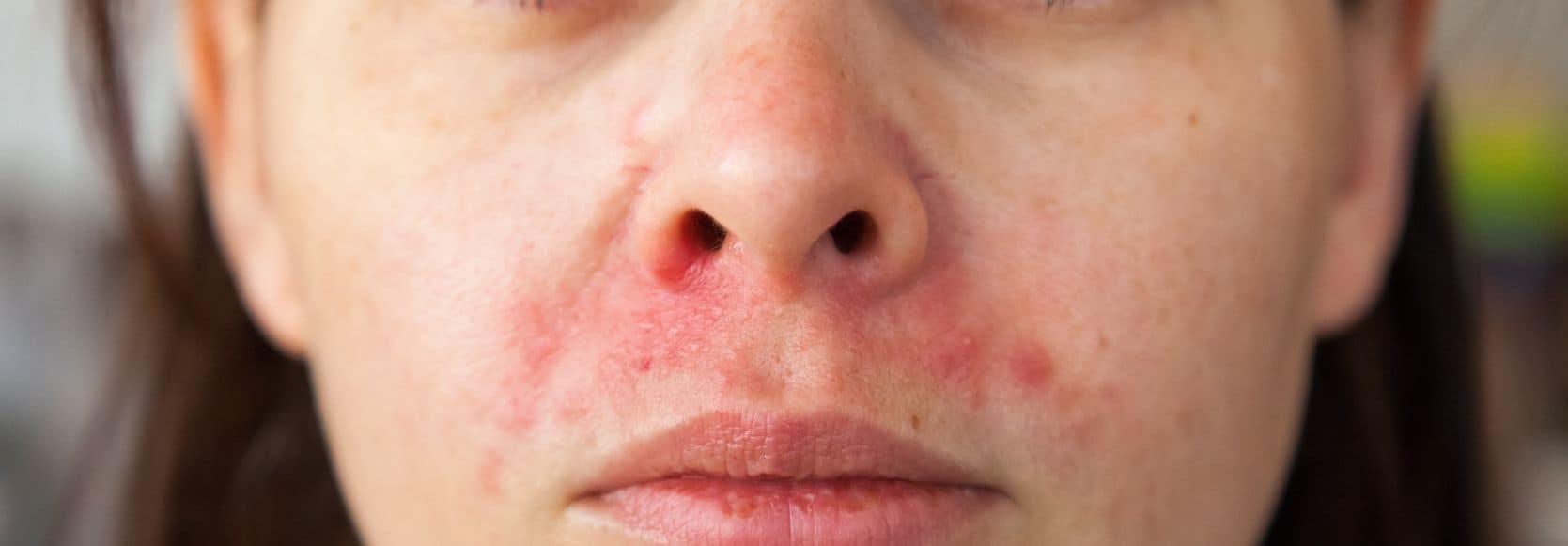Table of Contents
1. Gentle Cleansing and Hydration
Initiating your winter skincare routine with a gentle cleansing step is crucial. The skin’s barrier becomes more susceptible to irritation during cold weather, making it vital to choose a hydrating cleanser that supports skin resilience. Ingredients like hyaluronic acid and glycerin are key players in maintaining the skin’s moisture balance:
- Hyaluronic Acid: This powerhouse ingredient can hold up to 1000 times its weight in water, delivering profound hydration.
- Glycerin: Acts as a humectant, which means it draws moisture from the air into the skin, ensuring continuous hydration.
When selecting a cleanser, aim for products with creamy or milky textures. These formulas provide an extra layer of nourishment and are less likely to disrupt your skin’s natural oils. Avoid harsh cleansers, especially those containing high levels of alcohol or strong surfactants, as they strip away necessary oils from the skin. Such ingredients can exacerbate dryness and lead to an uncomfortable tightness post-wash.
2. Intense Moisturisation and Barrier Protection
Your winter skincare routine must include intense moisturisation to combat the dry, harsh conditions. Emollient creams and heavy-textured products are your skin’s best allies during this season. These products, formulated with occlusive ingredients, create a protective barrier on your skin’s surface, preventing transepidermal water loss.
These ingredients work by trapping water molecules, ensuring that your skin stays hydrated and plump throughout the day.
3. Sunscreen All Year Round
Contrary to popular belief sunscreen is not just a summer essential. Winter skincare routine also calls for consistent use of sunscreen. UV rays from the sun can still cause significant damage to your skin during the colder months, and the snow can actually reflect up to 80% of harmful UV rays, increasing the risk of sunburn and long-term skin damage.
How to Choose the Right Sunscreen for Winter?
- Look for a broad-spectrum sunscreen that protects against both UVA and UVB rays.
- Opt for a minimum of SPF 30+ for daily use.
- Choose lightweight, non-greasy formulas that won’t clog your pores.
- Consider hydrating, non-comedogenic options to combat winter dryness.
Remember, even on cloudy days, up to 80% of the sun’s harmful UV rays can penetrate your skin, making it all the more important to not skip this step in your winter skincare routine.
4. Nourish from Within: Antioxidants for Skin Health
As the winter season arrives, it’s essential to understand that taking care of your skin goes beyond using skincare products. Your diet also plays a significant role in achieving and maintaining a healthy and glowing complexion. One key element that can greatly benefit your skin during the colder months is antioxidants.
The Power of Antioxidants
Antioxidants are substances that help protect your body’s cells, including those in your skin, from damage caused by free radicals. Free radicals are unstable molecules that can harm cells and contribute to various signs of ageing, such as wrinkles, fine lines, and dullness.
Incorporating Antioxidant-Rich Foods
To boost your skin’s health from within, consider adding these antioxidant-rich foods to your daily diet:
- Berries (such as blueberries, strawberries, and raspberries)
- Citrus fruits (like oranges, lemons, and grapefruits)
- Dark chocolate (with a high percentage of cocoa)
- Nuts (such as almonds, walnuts, and pecans)
- Green leafy vegetables (like spinach, kale, and broccoli)
- These foods not only provide a delicious addition to your meals but also offer a range of vitamins, minerals, and antioxidants that can support your overall well-being.
Topical Antioxidants for Skincare
While consuming antioxidants through your diet is beneficial, it’s also important to include them in your skincare routine. Here are some skincare products that contain potent antioxidants:
- Vitamin C serums: These serums are known for their brightening and tone-improving effects on the skin. Look for a serum that has a stable form of vitamin C (such as ascorbic acid or tetrahexyldecyl ascorbate) and a concentration of at least 10-20%.
- Additional protective ingredients: A good vitamin C serum will often include other antioxidants like vitamin E or ferulic acid. These ingredients work together to enhance the stability and efficacy of the vitamin C, providing enhanced protection against free radicals.
Choosing the Right Skincare Products
When selecting skincare products for the winter season, it’s crucial to be mindful of their ingredients. Here are a few tips:
- Avoid products with harsh chemicals: Some ingredients, such as alcohol or fragrances, can potentially increase free radical activity and cause irritation. Look for products labelled as “gentle” or “suitable for sensitive skin.”
- Opt for hydrating cleansers: harsh cleansers can strip away your skin’s natural oils, leading to dryness and irritation. Choose cleansers that contain hydrating ingredients like hyaluronic acid or glycerin to help maintain moisture levels.
Lifestyle Habits for Healthy Winter Skin
1. Hydration
2. Humidifier Usage
3. Mindful Showering
Don't Forget About Lip Care!
When it comes to winter skincare, lip care is often overlooked. However, your lips can be one of the most affected areas due to the cold and dry weather. The skin on your lips is thinner and more delicate than elsewhere, making it vulnerable to drying out.
To keep your lips soft and smooth, incorporate a nourishing lip balm into your routine. Look for lip balms enriched with moisturising ingredients such as shea butter, cocoa butter, beeswax, or coconut oil. These ingredients work together to hydrate and protect your lips from harsh conditions.
While keeping your lips moisturised is essential, preventing damage is equally important. One common habit that can lead to chapped lips is licking them. This might provide temporary relief from dryness, but in the long run it can cause more harm than good by stripping away natural oils. So avoid licking your lips and instead reach for your trusty lip balm.
Seeking Professional Advice
Achieving a healthy skin and glowing complexion might require guidance beyond general advice. This is where the expertise of a dermatologist or skincare specialist proves invaluable.
Here are some reasons why consulting a professional can benefit you:
- Personalised Analysis: A professional can provide a thorough analysis of your skin type and condition.
- Custom Recommendations: They’ll suggest products and treatments that align with your specific needs, considering factors like sensitivity, hydration levels, and environmental influences.
- Advanced Solutions: For stubborn skin issues or uncertainties about product choices, their insight could be the missing link in your skincare regimen.
Booking a consultation ensures that your winter skincare routine is not just a generic plan but a customised strategy for enduring beauty.






